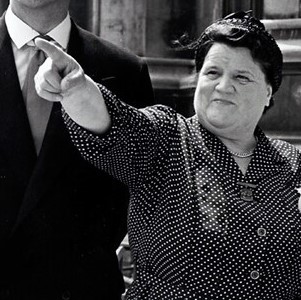

Bessie Braddock was a trade union activist and politician, who devoted her life to improving the lives of others. She was Liverpool’s first woman MP: elected Member of Parliament for Liverpool Exchange in 1945, and holding the seat for 24 years. Braddock was an ardent and lifelong socialist, whose mother, Mary Bamber, Sylvia Pankhurst described as the ‘finest, fighting platform speaker in the country’. An atheist, Braddock was one of the earliest members of the Parliamentary Humanist Group, formed in the late 1960s. Her career-long battle, in the words of Harold Wilson, ‘was a selfless one, not for place or position, but for her own people’.
We had to have change. The conditions of the workers had to be improved. The bosses had to be forced to give up some of their enormous profits. The only way to achieve this was by fighting, and we fought all the time.
Bessie Braddock, The Braddocks (1963)
Bessie Braddock was born Elizabeth Margaret Bamber in Liverpool, the daughter of Mary (née Little), a prominent socialist and suffragist, and bookbinder Hugh Bamber. As a child, she attended Socialist Sunday School, later joining the youth branch of the Independent Labour Party. Leaving school at 14, she entered the workforce, joining the Shopworkers’ Union and attending classes organised by the Workers’ Educational Association. She married John Braddock in 1922, alongside whom she was an active member of Liverpool’s City Council.
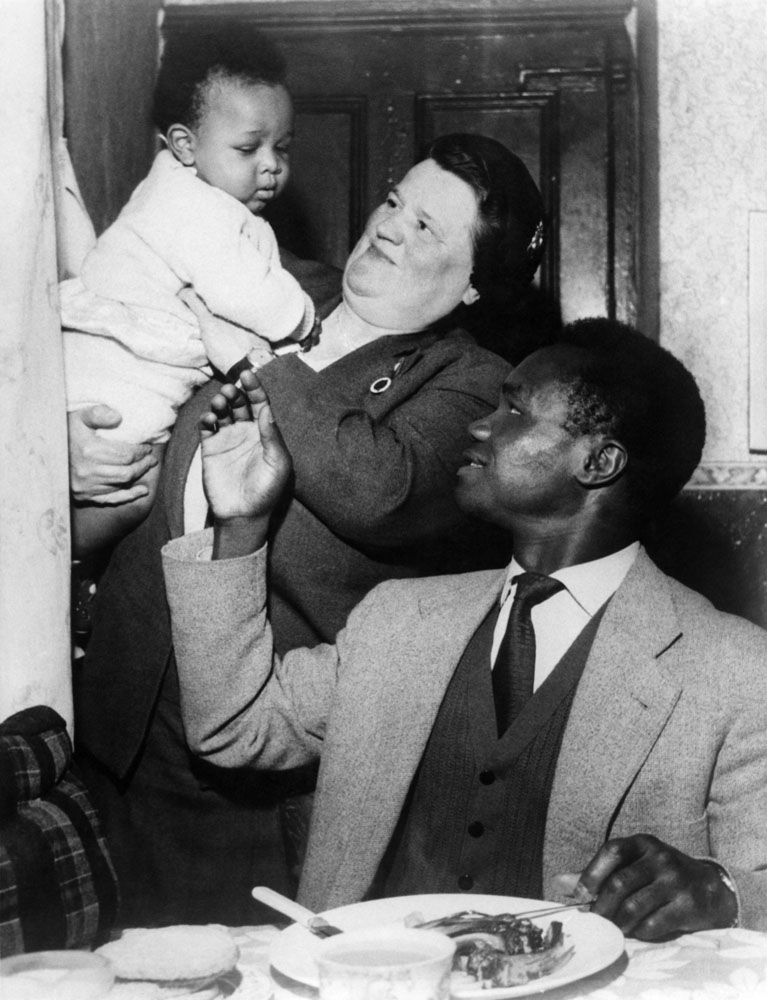
In 1936, Braddock became the parliamentary candidate for Liverpool’s Exchange Division, winning the 1945 election with a comfortable majority. Throughout the Second World War, she had been an ambulance driver, serving through all 68 of the major air raids that struck Liverpool. On election in 1945, Braddock was the constituency’s first Labour representative, and Liverpool’s first woman MP. She remained a Member of Parliament for nearly a quarter of a decade, over the course of which she fiercely championed the rights of the working class, and the National Health Service. She also took a special interest in mental health, maternity, child welfare and youth crime. Known as ‘Battling Bessie’, she was outspoken and unafraid of confrontation.
As well as being an active supporter of the formation of the National Health Service (spearheaded by Nye Bevan), Braddock was deeply interested in mental health. From 1953-7, she served on the Royal Commission on Mental Health (known as the Percy Commission), whose work led to the Mental Health Act 1959. The Act repealed the existing Lunacy and Mental Treatment Acts, and the Mental Deficiency Acts, making fresh provisions in the treatment and care of the mentally ill, including with an increased focus on community care. In the final years of her parliamentary career, Braddock joined the newly formed Parliamentary Humanist Group, an official expression of values long exemplified.
Braddock died in Liverpool on 13 November 1970, and had a simple non-religious ceremony. Labour Party leader and close friend Harold Wilson described Braddock as ‘one of the finest platform speakers of her generation’, who had ‘carried the battle of Liverpool to the floor of the House of Commons,’ with ‘great heart and unconquerable determination’.
As Wilson eulogised, Braddock’s life had been a ‘selfless one’. She was motivated not by religious faith or hope of reward, but by a deep and abiding sense of justice and human rights. A consummate humanist, Braddock was firm in her convictions and unflinching in her willingness to fight for them. She was nevertheless equally willing to reflect and change direction, as in the early 1920s when she joined, and later left, the Communist Party. Alongside fellow humanist parliamentarians, Braddock championed a range of progressive reforms with social welfare in mind, playing a leading role in changing society for the better.
Main image: crop of Marlene Dietrich visits Parliament, 1955 by Gerald Pudsey (UK Parliamentary Archives). Licensed CC BY-NC 2.0
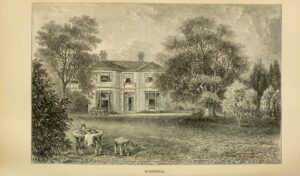
Living in a house beautifully situated on the outskirts of Coventry, they used to spend their lives in philosophical speculations, […]
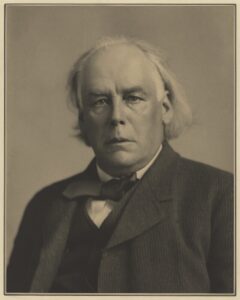
The National Secular Society is a campaigning organisation, founded in 1866 to champion the principles of secularism and the separation […]
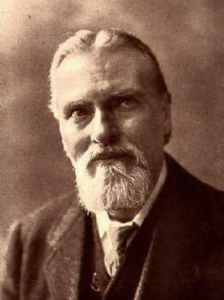
Doubt is the beginning of wisdom. It means caution, independence, honesty and veracity. G. W. Foote George William Foote was […]
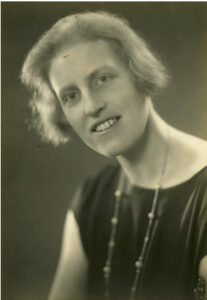
The attempt to create communities where men and women alike share the full stature of humanity is an attempt to […]